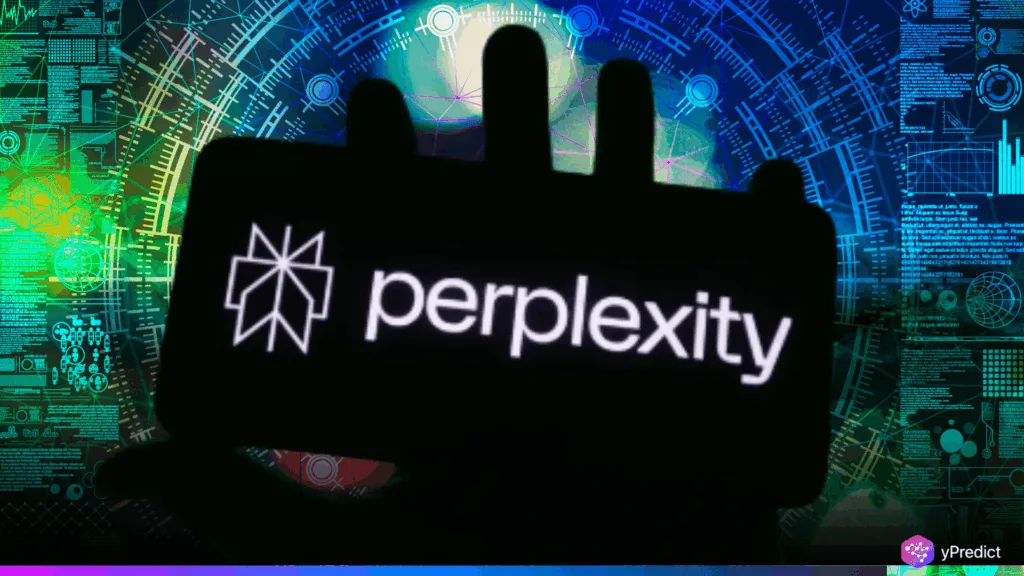
Perplexity offers Chrome for $34.5 billion. A startup valued at $18 billion making an all-cash offer nearly twice its worth is rare enough. Doing it for the world’s most widely used browser, right when Google is under the microscope in a U.S. antitrust case, makes it hard to see this as anything but a calculated strike.
The legal context is driving a lot of the intrigue. Last year, Judge Amit Mehta ruled that Google broke antitrust law by maintaining a search monopoly through exclusive deals with device makers and browser developers. Since then, the Department of Justice has been floating remedies, and the one that keeps coming up is a forced sale of Chrome. With Chrome commanding 67.94% of the global browser market, more than 3 billion users, it’s not just a piece of software. In India, the share is even starker at 87.24% across all devices, and in the U.S., Chrome still claims nearly half the market.
How much could Chrome be worth?
There’s no consensus on Chrome’s value. Bloomberg estimates it at around $20 billion, Perplexity’s number is $34.5 billion, and others, like DuckDuckGo’s CEO, have floated a figure of “upwards of $50 billion.” A more aggressive financial analysis compares Chrome to Google’s Safari deal with Apple. Google reportedly pays $18-20 billion annually to keep default search on Safari, which has about 850 million users. That’s roughly $21 per user per year. Apply the same math to Chrome’s 3.5 billion users, and the implied annual revenue potential jumps past $73 billion. Use standard market cap-to-revenue multiples and you’re looking at a theoretical valuation somewhere between $367 billion and $630 billion. By that lens, Perplexity’s offer starts to look like an opportunistic bet on forced divestiture.
Perplexity AI’s race for AI search
Perplexity AI’s CEO, Aravind Srinivas, has a track record that blends elite research experience stints at OpenAI, DeepMind, and Google Brain with rapid commercial execution. Founded in 2022, the company has already hit 30 million monthly active users and processes about 780 million queries a month. It just rolled out Comet, its AI-powered browser, and has investor backing from names like Jeff Bezos, Nvidia, and SoftBank. For the Chrome offer, the company says multiple large funds have agreed to finance the transaction entirely in cash, no equity swaps, no deferred terms.
This is also about positioning in the AI search race. Perplexity offers Chrome not simply to own a browser but to control a massive distribution channel for AI-driven search and information services. OpenAI is reportedly building a browser that integrates ChatGPT-like features directly into the browsing experience. Brave is already layering AI tools into its privacy-focused product. Other startups are experimenting with AI-native browsing from the ground up. Control the browser and you control the entry point for data, personalization, and new forms of interaction.
Jurisdictions around the Bid
Even if the bid is serious, it’s far from a done deal. Judge Mehta’s final ruling on remedies is due by the end of August, and even if he orders a Chrome sale, Google has made it clear it will appeal, which could stretch this into years. Larger players Microsoft, Amazon, and maybe even Apple, could appear as bidders if Chrome hits the market. And the integration challenge for Perplexity would be massive, both technically and operationally. In that sense, Perplexity AI has already won some ground by showing its willingness to take outsized risks for a seat at that table. The fact that Perplexity offers Chrome at this scale forces the industry to take it seriously, even if the odds are stacked.





